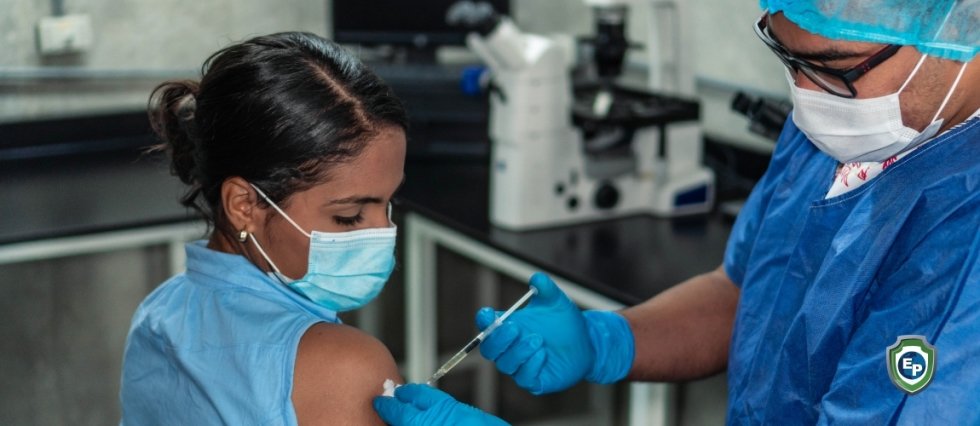What the Uneven Global Vaccine Distribution Means for SMEs
Many citizens in the Global South are still struggling to get vaccinated, as a result of the unfair global vaccine distribution. But how might this affect SMEs?

The New York Times’s COVID-19 vaccine tracker depicts the vaccination rates for various countries. The higher a country's vaccination rate, the darker its shade. The countries associated with the Global North are fairly dark green, while those associated with the Global South are much lighter. Southeast Asia is generally light, as is the majority of the Middle East, and nearly all of Africa is white. This statistic is alarming but hardly surprising; rich nations are getting their populations vaccinated first before turning their attention to developing countries.
This is undoubtedly a major problem. First and foremost, unvaccinated populations anywhere pose a threat to everyone, including even vaccinated people. The more COVID-19 infections occur, the more likely the virus will mutate into a variant that is resistant to current vaccines. This means that the more unvaccinated people there are, the more likely it is that the virus will harm everyone. The pandemic will thus not be over until all countries have high vaccination rates.

How SMEs are Being Affected
This threat to health and welfare is frightening enough, but businesses are also in jeopardy. While companies in the developed world are reopening and resuming operations, small or medium-sized enterprises (SMEs) in countries like Cambodia, Iran, or Chad are facing a very different reality. Although goods from these countries can be shipped since the chances of the virus surviving and remaining potent after a trans-oceanic journey are vanishingly small, the way these SMEs are operating are far from normal.
For example, SMEs in the Global South must be extremely resourceful, as many are still struggling to stay in business. They are barely making a profit and are on the verge of going out of business. This can affect companies in developed countries as well, because if you run a SME in the developing world or have partners in such countries, your supply chains are much more vulnerable to disruption.
The pandemic has upset many things for SMEs. From disrupting supply chains to limiting how you can interact with customers and possibly even shutting your SME down entirely, the aftermath of the COVID-19-induced lockdowns and restrictions have been endless.
Nevertheless, many SMEs have still managed to survive, and things are a lot better now than it was even just a year ago. Online platforms, support from the local community, and timely strategies will help businesses survive and recover.
Get Help with Export Portal
Export Portal can help SMEs identify and expand into new markets. For more information, be sure to visit our page today!


















Comments 2